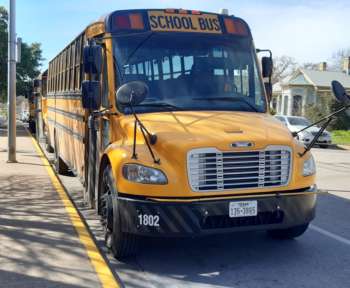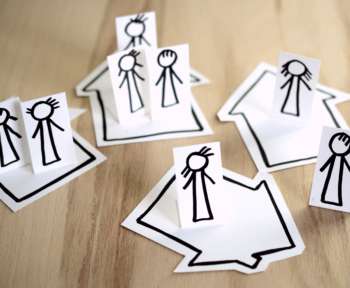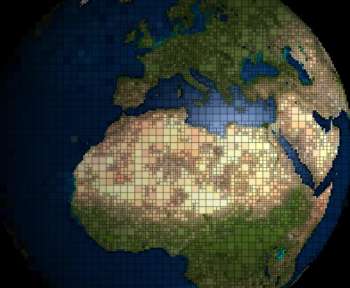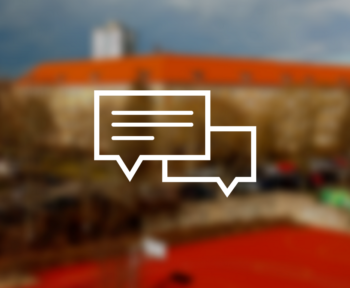Ist die Internetzensur eine Gefahr für die Demokratie?
Did you know that during the last year the Internet was shot down in a sum for 121 days in India? The shutdowns were the measures of censorship to counter mass-protests and ban the opinion of the opposition leaders.
The reason why the shutdowns matter to us in Europe is that they touch on the right of Freedom of Expression in a space that we commonly share. We use the Internet on all continents and its cables lie under the seas and literally bind the world together. However, the strengths of the Internet are also its weaknesses. The liability of the information we receive still matters a lot. We often hear about the fake news and how quickly they get viral within hours, or the anonymity the internet provides can be used to facilitate crime, such as buying illicit products on the darknet. This leads to the question of how we can use censorship, while still leaving the space for free expression.
Censorship’s more relevant than ever
Referring to Dr. Sören Soika, the consultant for public relations and media of the Konrad-Adenauer-Stiftung, whom I met at the annual Berlin Model United Nations conference (BERMUN2), censorship is currently on the steep rise. It guides us to the state where bad information leads to bad decisions. The best example is the situation with Covid-19. The Chinese government tried to cover up the first cases of the virus and put pressure on those who tried to warn of the disease, which obviously led us to the point epidemic spreading around the globe and killing thousands of people. Bad information not only harms human rights but also democracy per se.
How to react
According to Dr. Soika, there are few solutions that we can implement right now. Firstly, adequate training of the watchdogs, who will look for cases of governments or corporations silencing crucial information. In the best cases, these should work under an international organization like the United Nations and be as objective as possible.
And secondly, promoting the creation of the democratic environment where people are already informed and can express themselves freely. Unfortunately, I can say that right now these solutions can be implemented only in western countries, and it is going to take many years for these trends to spread to an opinion-unfree area. But what I can agree on, is, that during hard times we need to strengthen what we already have: Journalists should be highly qualified. We need to make sure that our freedom of expression will remain secure before urging other countries, like India to improve.










